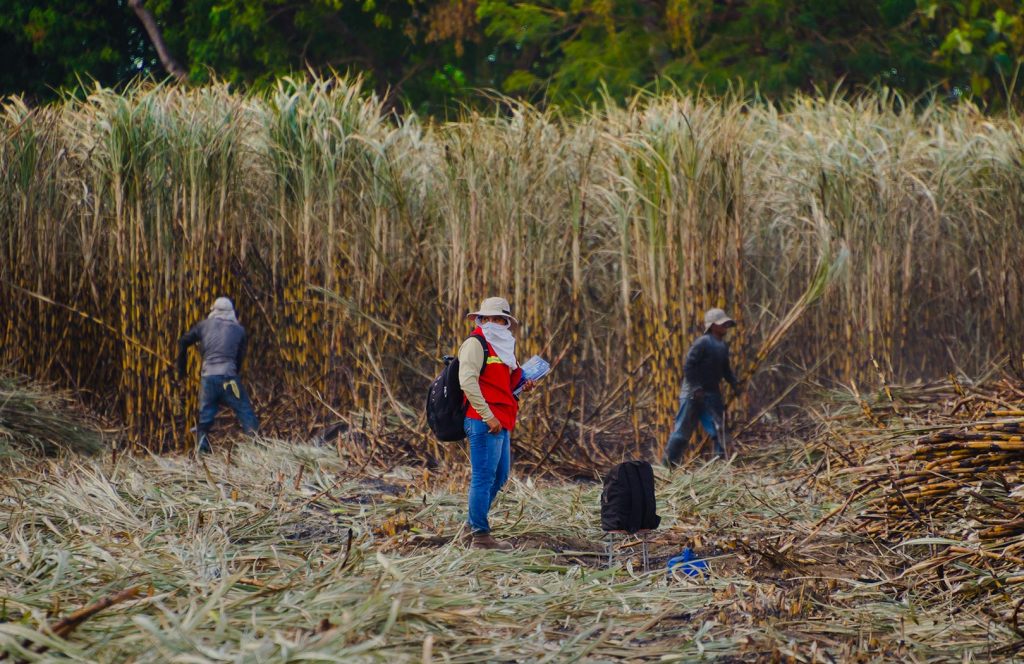20th December 2018
For a wide variety of impacts, the benefits of certification using voluntary sustainability standards such as Bonsucro are increasingly being supported through research and analysis.
However, sustainability standards can offer much more in terms of impacts than just through certification.
These benefits are often difficult to identify and quantify. This is the rationale behind a new white paper commissioned by ISEAL and WWF, which reveals how sustainability standards can stimulate positive change in the wider systems in which they operate, through “shaping government and private sector policies, sharing knowledge and training, raising consumer awareness or improving coordination across landscapes and sectors”. In turn this encourages an ‘enabling environment’ to improve production practices for people, planet and profit.
One area that sustainability standards can have a systemic impact upon is dialogue and collaboration. As a case study, the report uses the landmark Adelante Initiative in Central America that has fostered dialogue between several stakeholders that were previously opposed on the issue of Chronic Kidney Disease of undetermined causes (CKDu), a devastating disease that was seriously affecting worker health in the region.

Sugarcane cutter at SER Antonio © Joe Woodruff / Bonsucro
Through bringing the parties together and encouraging dialogue, Bonsucro was able to create an enabling environment in which progress and collaboration for change was possible, culminating in the founding of the Adelante Initiative. Bonsucro, La Isla Network, Nicaragua Sugar Estates Limited and the Nicaraguan Sugar Producers Association are all founding members. The initiative now works to provide a “A dynamic platform to create safe, productive work practices in the sugarcane industry and beyond.”
The ISEAL-WWF report highlights how something as simple as dialogue can lead to improved coordination, strategies and partnerships to tackle key sustainability issues. Collaboration, it shows, also helps to build trust, influence attitudes or empower those who are often excluded from decisions that affect them.
Other areas where sustainability standards can have systemic impacts include: improving the knowledge base around sustainable production; the development of tools; funnelling investments into training and capacity building; and influencing policies, public opinion and corporate behaviour. The report uses case studies from other ISEAL members such as RSPO, MSC and FSC.
Writing in Business Fights Poverty, ISEAL’s Joshua Wickerham noted “Voluntary sustainability standards truly have the potential to deliver impacts that go beyond individual supply chains and certified areas of operation – the examples discussed show how this is already happening. However, we need to do more to monitor these systemic impacts in order to inform future strategies.”
Bonsucro is a full member of ISEAL. As an ISEAL full member, we comply with all of ISEAL’s Codes of Good Practice, which provide a globally recognised framework used by leading sustainability standards.
Bonsucro’s upcoming Outcome Report, set to be published next year will explore some of Bonsucro’s systemic impacts in more detail.
- Read the full report
- Read the summary
- Watch the webinar ‘From certifying operations to transforming systems’, (WWF, ISEAL & report authors Aidenvironment).






